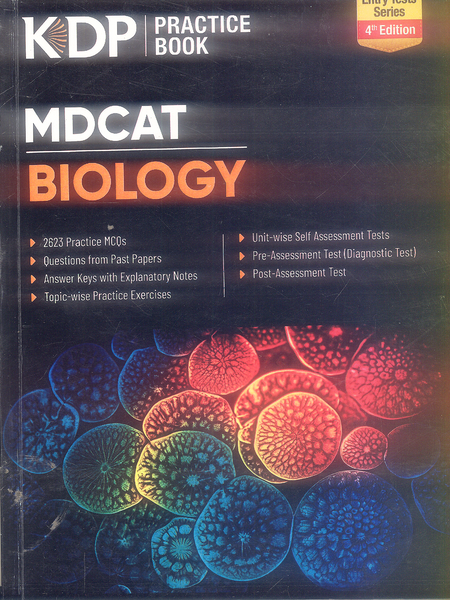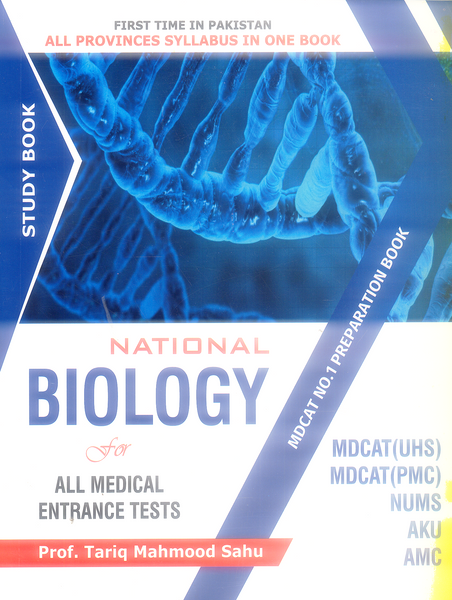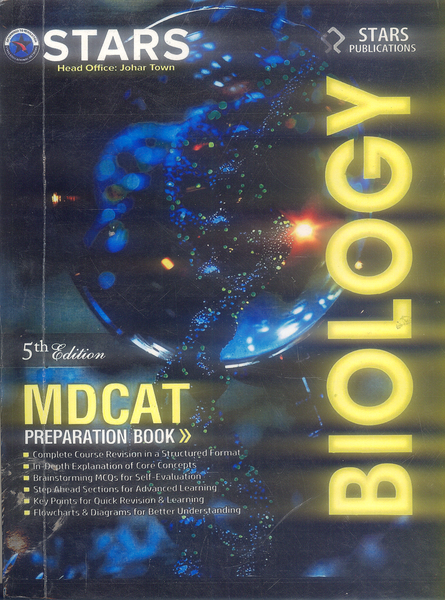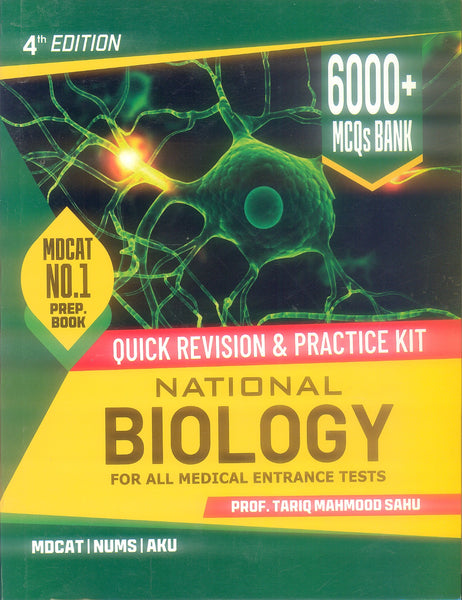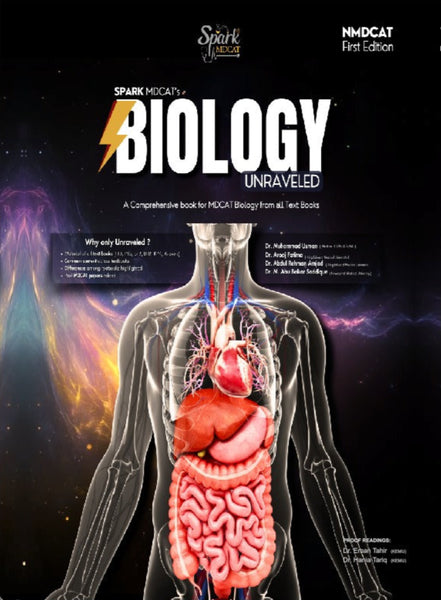Glycoinformatics by Thomas Lütteke (Editor)
- Publisher: BIOLOGY
- Availability: In Stock
- SKU: 49367
- Number of Pages: 522
Rs.1,090.00
Rs.1,395.00
Tags: best books , Best Price , Best Selling Books , Bioinformatics , Carbohydrate Chemistry , Carbohydrate Conformation , Carbohydrate Databases , Carbohydrate Dynamics , Carbohydrate Informatics , Carbohydrate Modeling , Carbohydrate Sequencing , Carbohydrate Structures , Glycan Analysis , Glycan Array , Glycan Binding , Glycan Modeling , Glyco informatics , Glyco3D , GlycoBase , Glycobiology , Glycoconjugates , Glycoinformatics , GlycomeDB , Glycomic Profiling , GlycoNet , GlyConnect , GlycoSearch , Glycosylation , GlycoWorkbench , GlyTouCan , GlyVicinity , KEGG GLYCAN , Martin Frank , Molecular Dynamics , NMR Spectroscopy , ONLINE BOOKS , Online Bookshop , Protein-Carbohydrate Interactions , Structural Biology , Thomas Lütteke
Glycoinformatics
Editors: Thomas Lütteke, Martin Frank
Quality: Black White Pakistan Print
🔹 Introduction
Glycoinformatics is a groundbreaking volume edited by Thomas Lütteke and Martin Frank, focused on the intersection of glycobiology and bioinformatics. This book provides a comprehensive guide to the emerging field of glycoinformatics, which deals with the analysis, interpretation, and application of glycoscience data. Glycosylation, the process by which sugars are attached to proteins and lipids, plays a critical role in various biological processes. However, the complexity and diversity of glycans have made them difficult to study. This book presents computational methods and informatics tools developed to handle glycan structures, their functions, and their involvement in health and disease. It covers the databases, algorithms, and software available to researchers working in glycobiology.
🔹 Key Points
-
Foundations of Glycoinformatics: The book introduces glycoinformatics, focusing on the basic concepts of glycan structures and the challenges involved in studying glycans computationally.
-
Databases and Tools: It provides an overview of key databases and software tools used in the glycoinformatics field, such as glycan structure databases and bioinformatics tools for glycan analysis.
-
Glycosylation in Disease: The book explores how altered glycosylation patterns are linked to various diseases, including cancer, infections, and genetic disorders.
-
Structural and Functional Analysis: It discusses computational methods for modeling glycan structures and predicting their biological functions and interactions with proteins.
-
Future Directions in Glycoinformatics: The book highlights the future potential of glycoinformatics, emphasizing its role in personalized medicine, vaccine development, and biomarker discovery.
🔹 Why Read This Book
This book is an invaluable resource for researchers, bioinformaticians, and students interested in glycobiology, computational biology, and bioinformatics. It is particularly useful for those working in the study of glycosylation and its role in human health and disease. The detailed discussion of glycan data, databases, and computational methods provides readers with a practical understanding of how to analyze complex glycan structures and apply that knowledge to biomedical research and therapeutic development.
🔹 Conclusion
Glycoinformatics stands as a pioneering work in the field, offering an in-depth examination of how bioinformatics can be leveraged to decode the complexity of glycans. By providing both theoretical knowledge and practical tools, this book is crucial for advancing the study of glycosylation and its potential applications in medical science. With its comprehensive coverage and forward-looking insights, it is an essential reference for anyone working at the interface of glycobiology and computational science.



